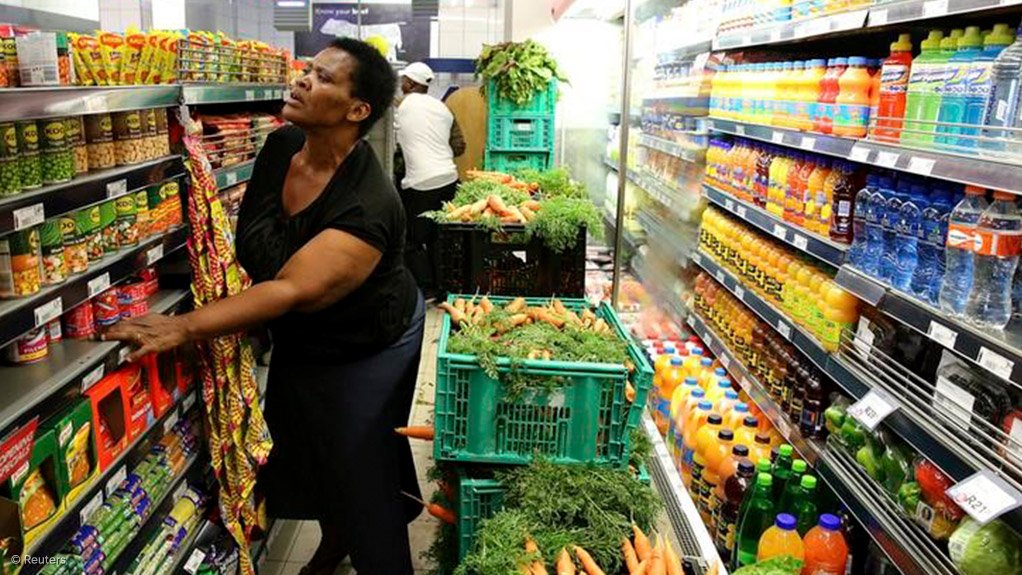South Africa’s economic outlook remains complicated by elevated political and policy uncertainty, with the stalled economy unlikely to recover in the short term and more likely to continue moving sideways, Nedbank senior economist Isaac Matshego said on Thursday.
It will take some years before South Africa will start to see signs of recovery, and future growth or contraction will, for the most part, depend on the outcomes of the ruling African National Congress’s (ANC’s) national elective conference in December.
Political volatility is heavily in focus as the ANC prepares to convene its fifty-fourth national conference, which is held every five years to elect its leadership as well as determine the policy, programme and constitution of the ruling party.
“If the rand remains steady and we do not get crazy policies – Venezuela crazy policies – we should start [to see some] recovery,” Matshego told delegates at the ninth International Housing Solutions Affordable Housing conference, in Johannesburg. He was referring to the worst economic crisis to hit Venezuela, which resulted in food and medicine shortages, protests, high government debt and high inflation, besides others.
The outcome of the ANC’s national conference are particularly critical, as it could help ease the state of uncertainty that is holding business confidence – the key to the country’s turnaround – ransom and mobilise much-needed private capital.
With the increasing unlikelihood that the struggling consumer can again lead the next upturn after the longest downturn seen since the early 1990s, it will be up to private sector investment to drive the country’s economic recovery.
South Africa’s consumer confidence is now at a 15-year low, household income remains pressured by economic weakness and inflation, the unemployment rate is at its highest levels in 14 years, debt levels have risen, income growth is subdued, the new-vehicle market has bottomed out and there are weak trends in home construction, all indicating that the consumer is not in any position to drive the next upturn.
However, business confidence is also very low, and investment at the levels required is not being seen, Matshego commented, pointing out that, traditionally, private sector capital accounted for two-thirds of the country’s investment inflows.
While hopeful of a medium- to long-term rebound in investment inflows, owing to appropriate policies already in place, stalled implementation and potential policy changes had hurt private sector confidence.
This was exacerbated by contentious revisions to the Mining Charter and concerns over whether the Land Expropriation Bill is next.
“Business confidence has taken a big knock, things will not settle while political uncertainty remains so high,” he said, adding that once political matters were clearer business confidence would start trend upwards.
Despite South Africa’s recent emergence from its technical recession, with rebounding output a promising indicator of recovery, the country’s economy would not see much movement and would remain very weak over the next two to three years, as it would be “busy restoring confidence”.
“We expect the economy to rebound, but the pace will be very slow,” he said, predicting potential momentum from 2020 amid a hoped for start to this turnaround post the December conference.
EMAIL THIS ARTICLE SAVE THIS ARTICLE ARTICLE ENQUIRY
To subscribe email subscriptions@creamermedia.co.za or click here
To advertise email advertising@creamermedia.co.za or click here











